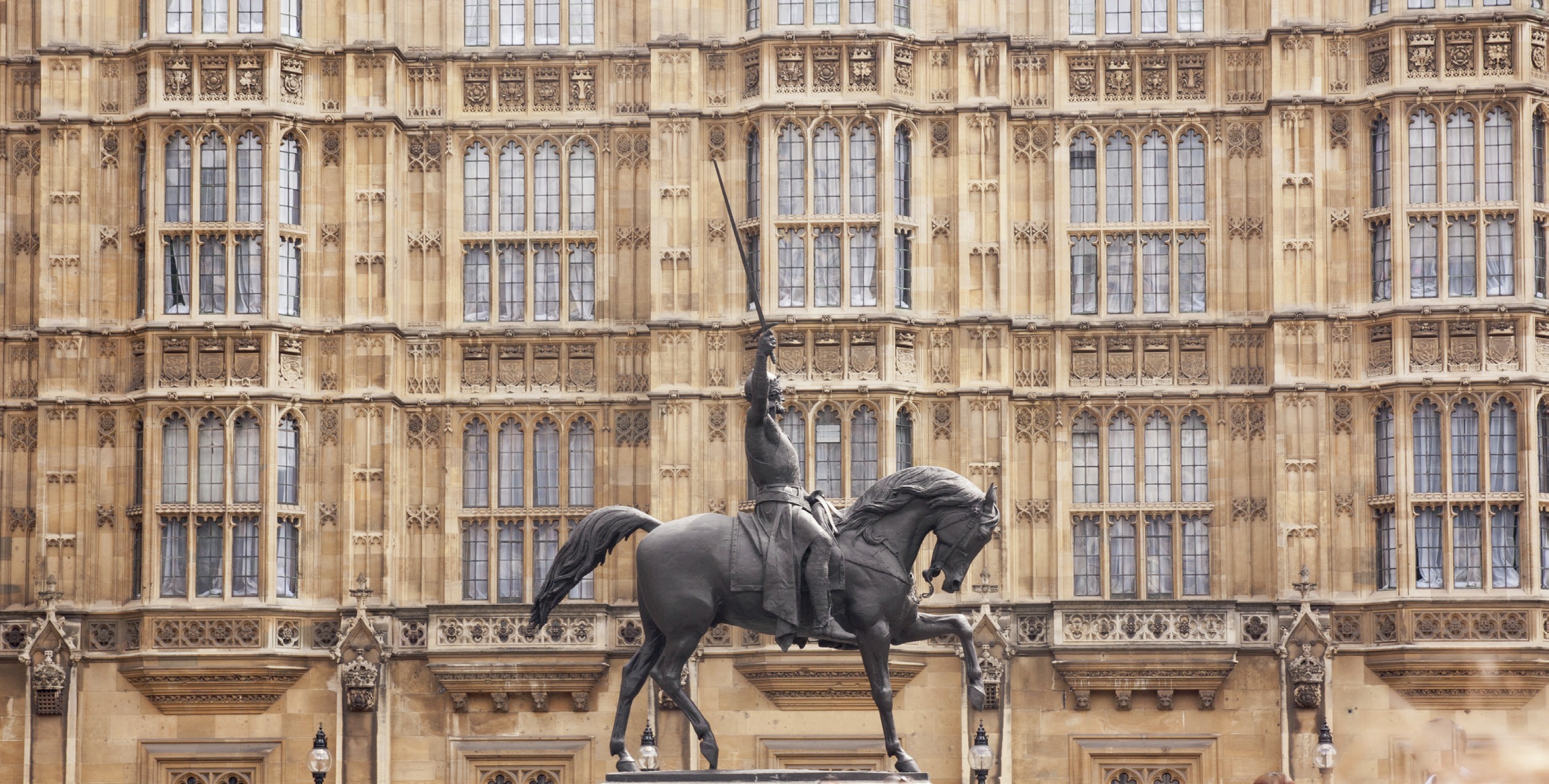
Parliamentary privilege might appear to be a rather remote concept and yet it is anything but. In recent years, this vital part of the constitution has collided with: a Premier League footballer’s secret liaisons with a glamour model; financial fraud; and a police raid on Parliament itself. So, what is parliamentary privilege all about?
Parliamentary privilege initially evolved to protect MPs and peers from the power of the monarch in the middle ages. Parliament wanted to be autonomous and legally answerable only to itself. William Blackstone, the eighteenth-century legal academic, wrote: ‘Privilege of parliament was principally established, in order to protect it’s [sic] members…from being oppressed by the power of the crown.’ Other historical aspects of parliamentary privilege such as the right to fine or imprison anyone are largely obsolete and have been unused for centuries. Today, with the monarch largely a figurehead, parliamentary privilege regulates two key elements: freedom of speech and freedom of each House to regulate its own affairs.
Your organisation does not have access to this article.
Sign up today to give your students the edge they need to achieve their best grades with subject expertise
Subscribe




